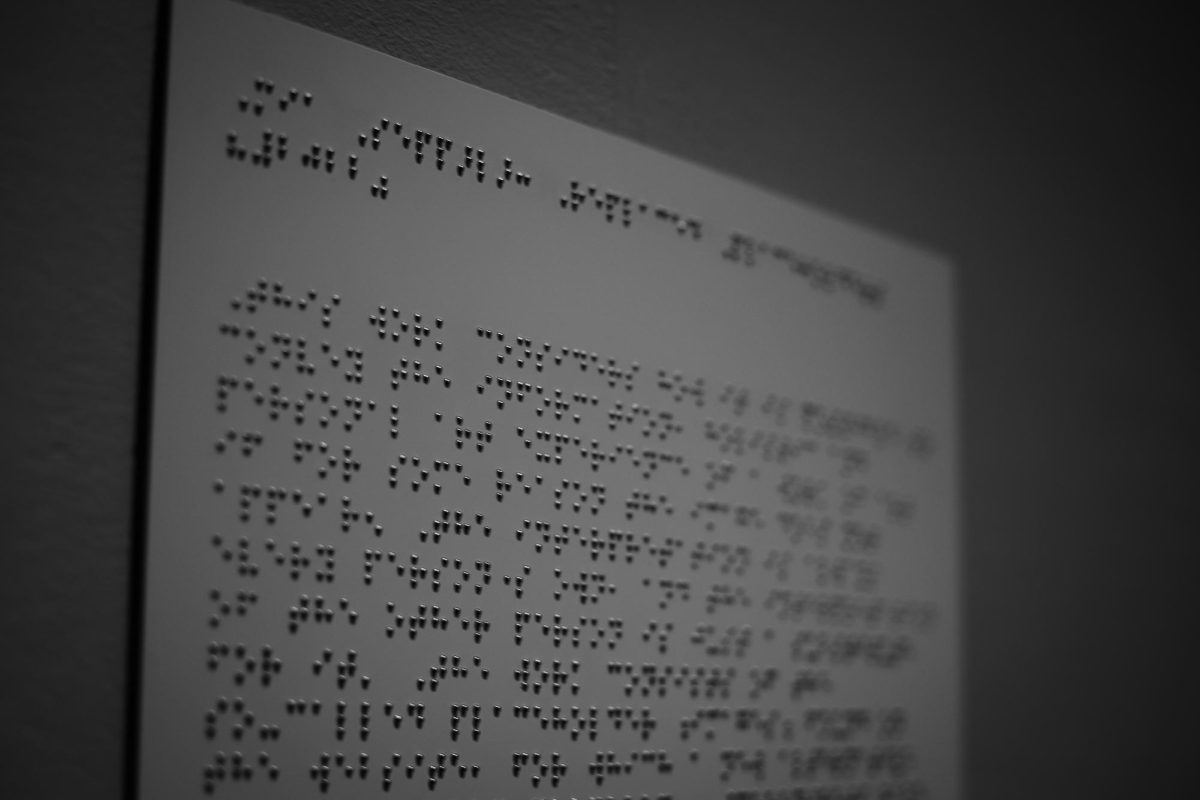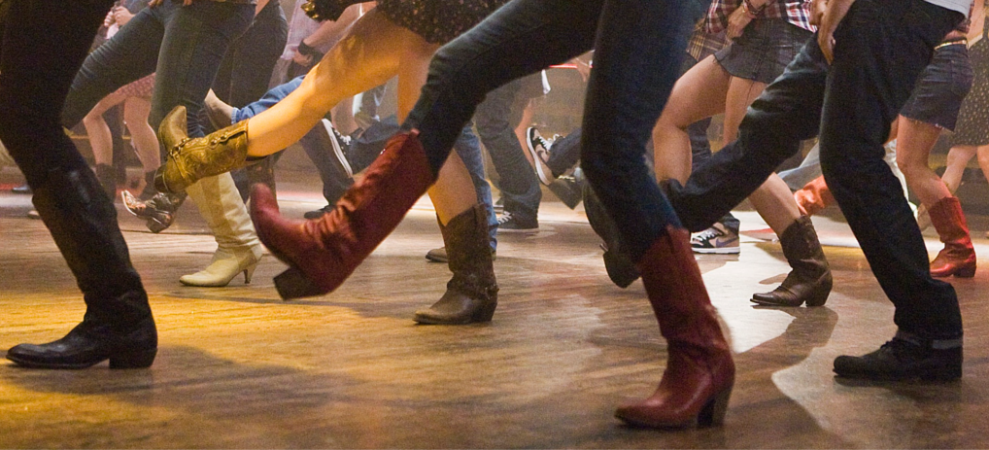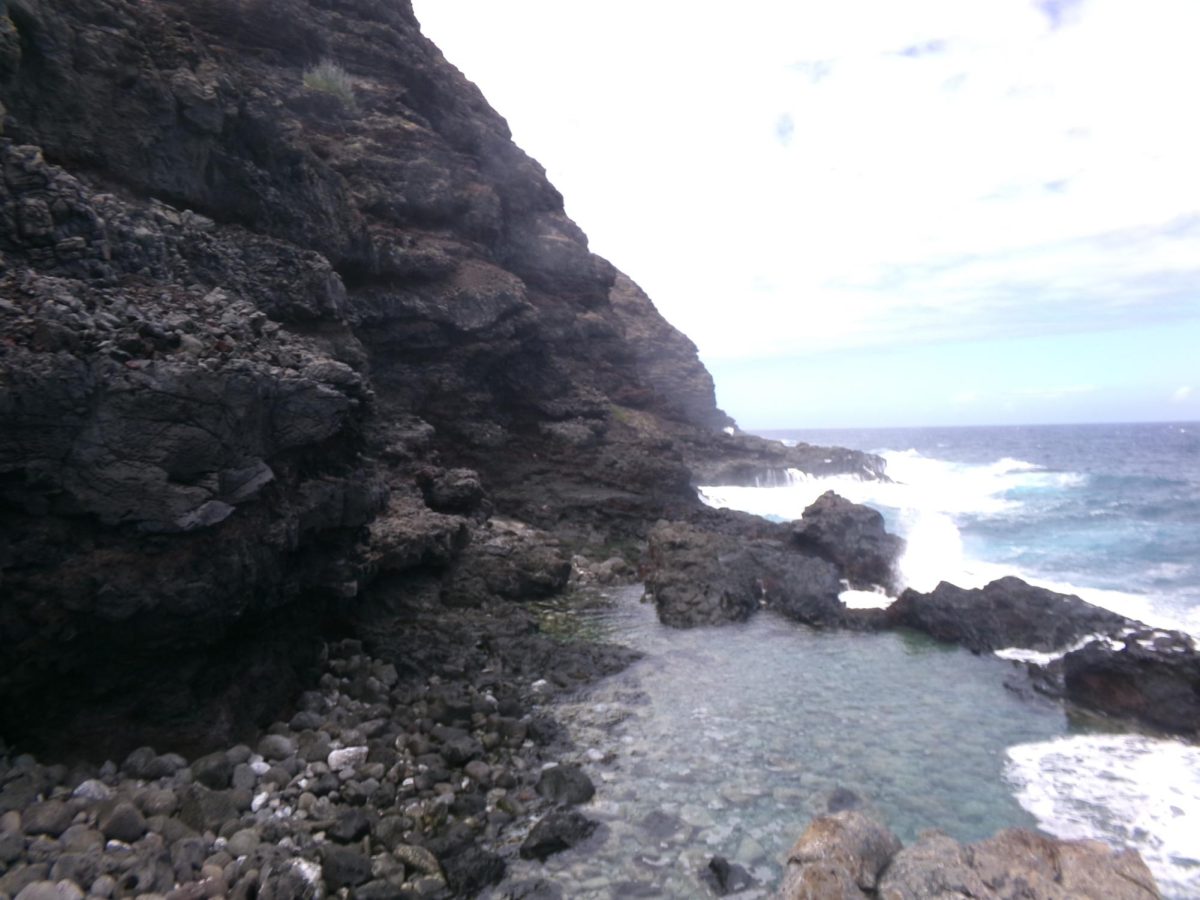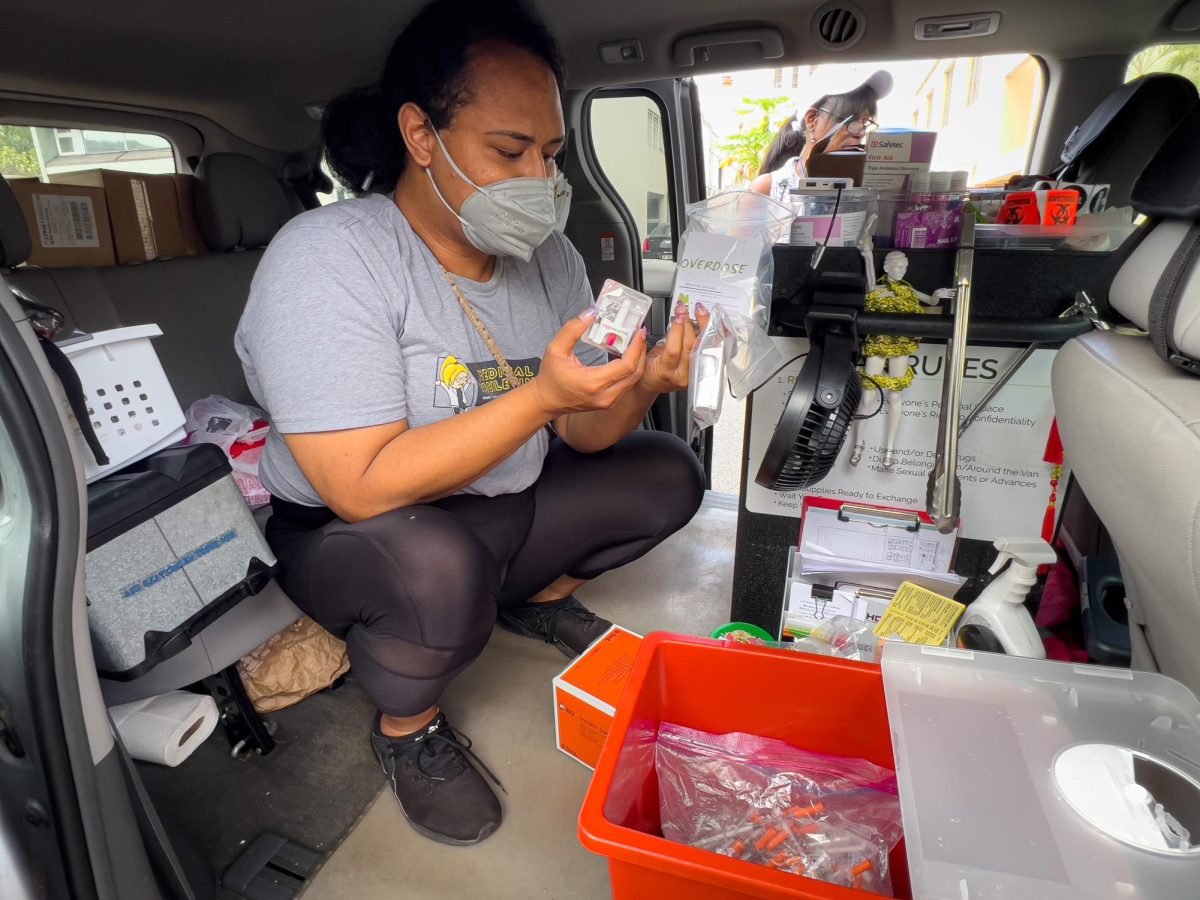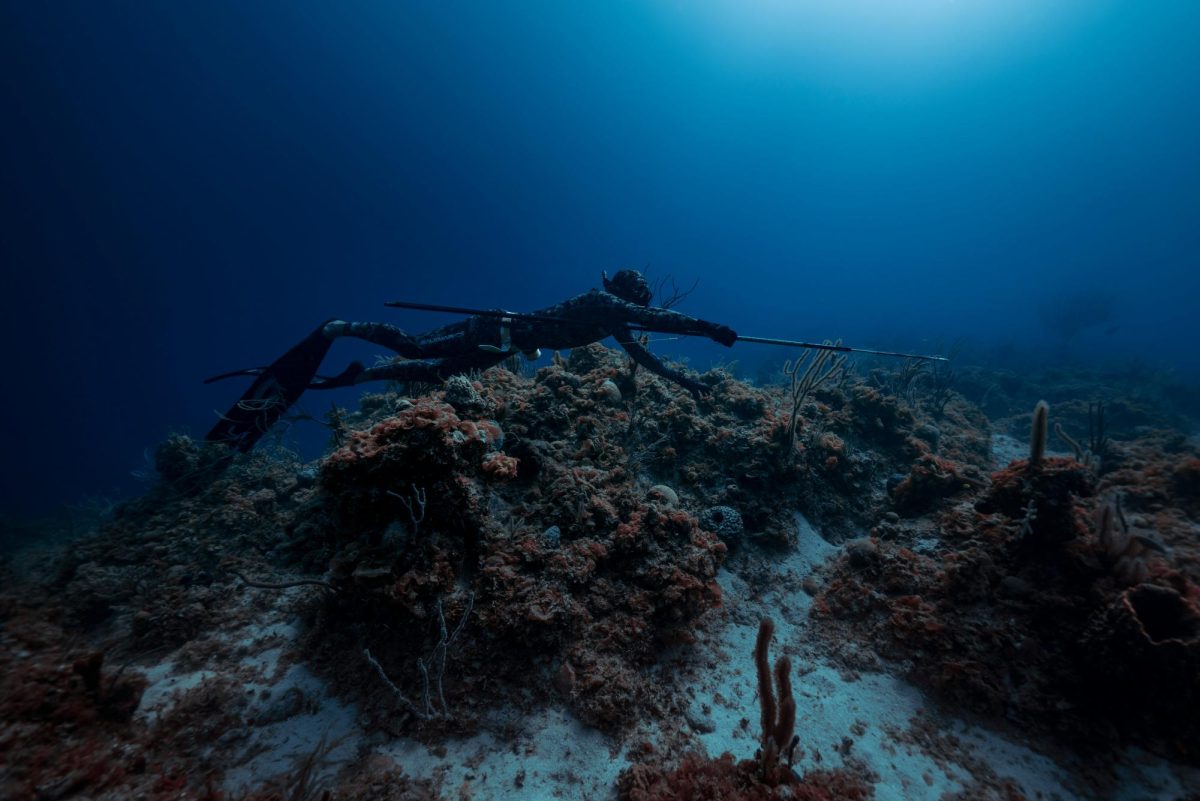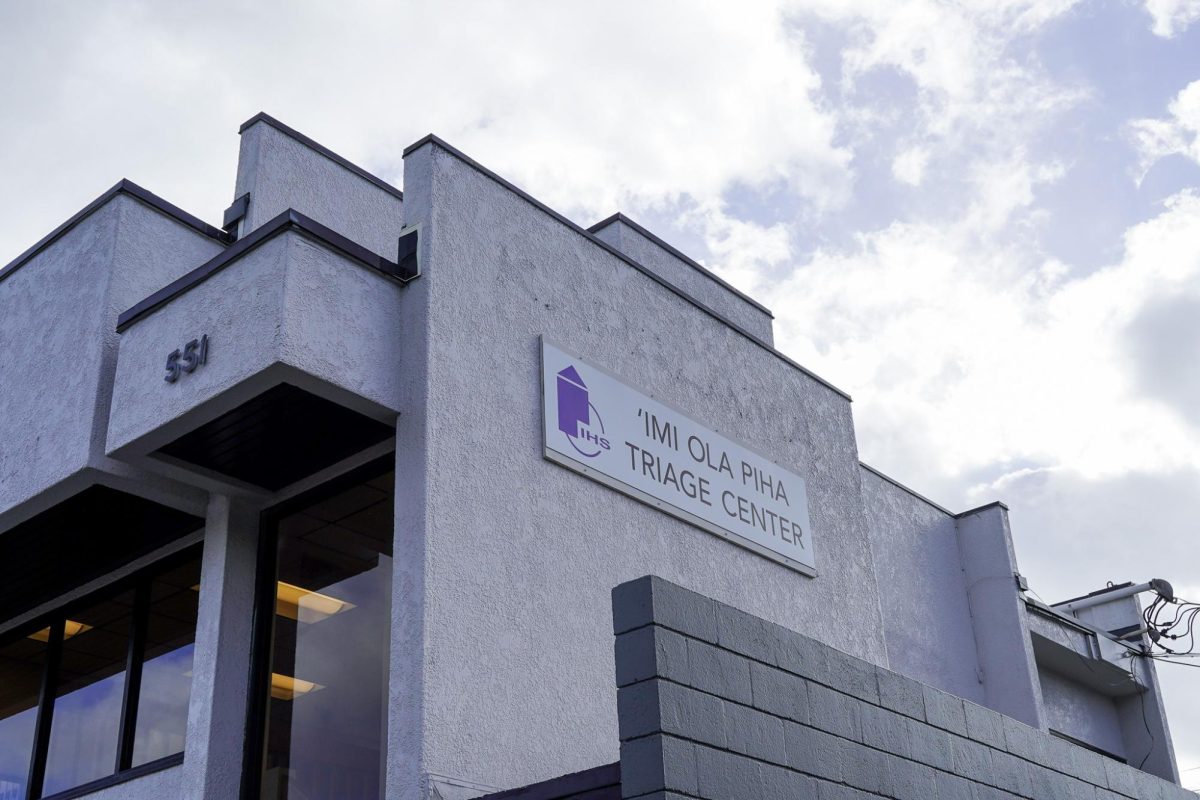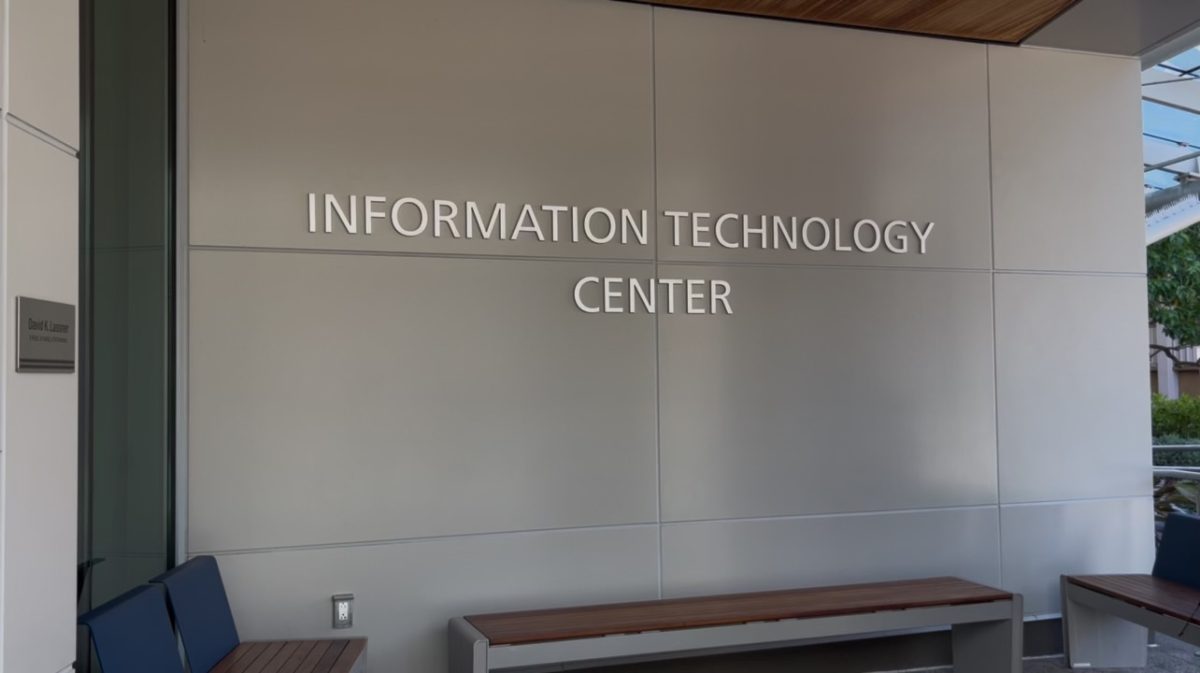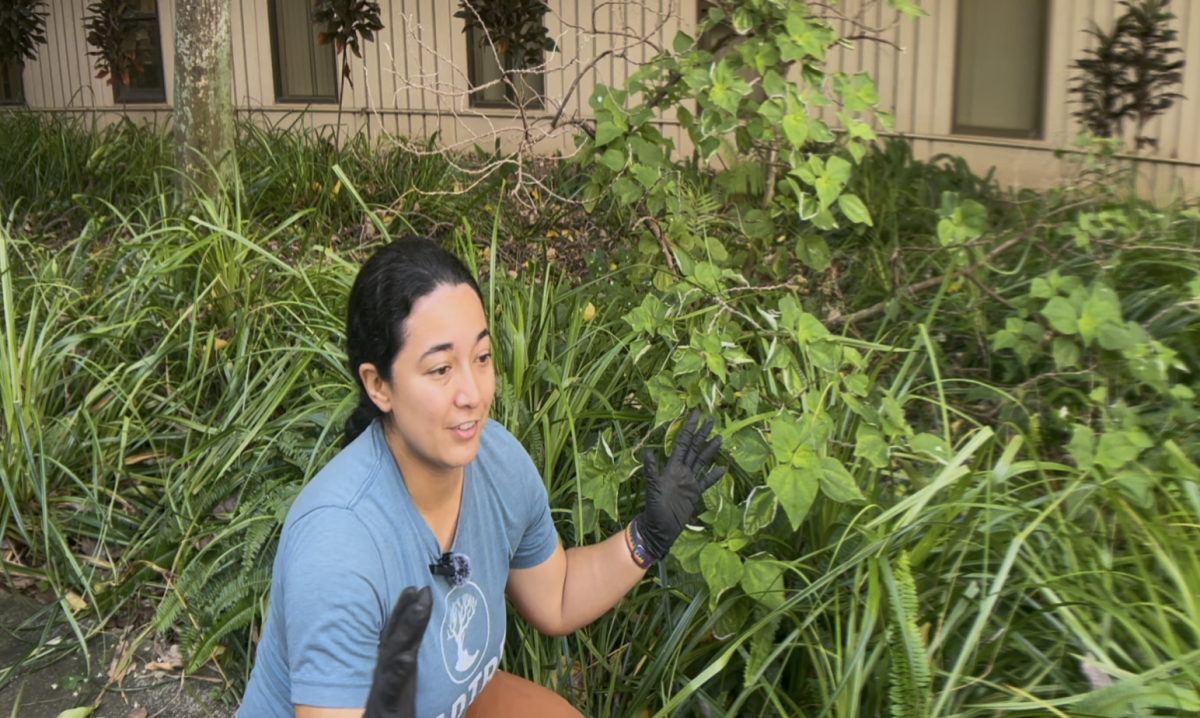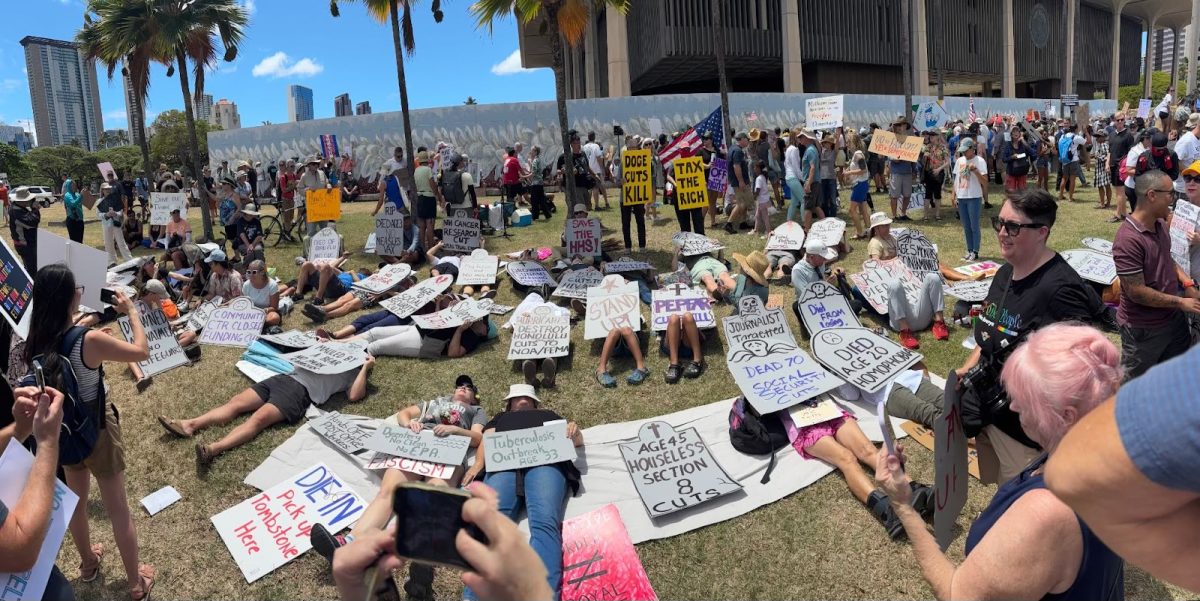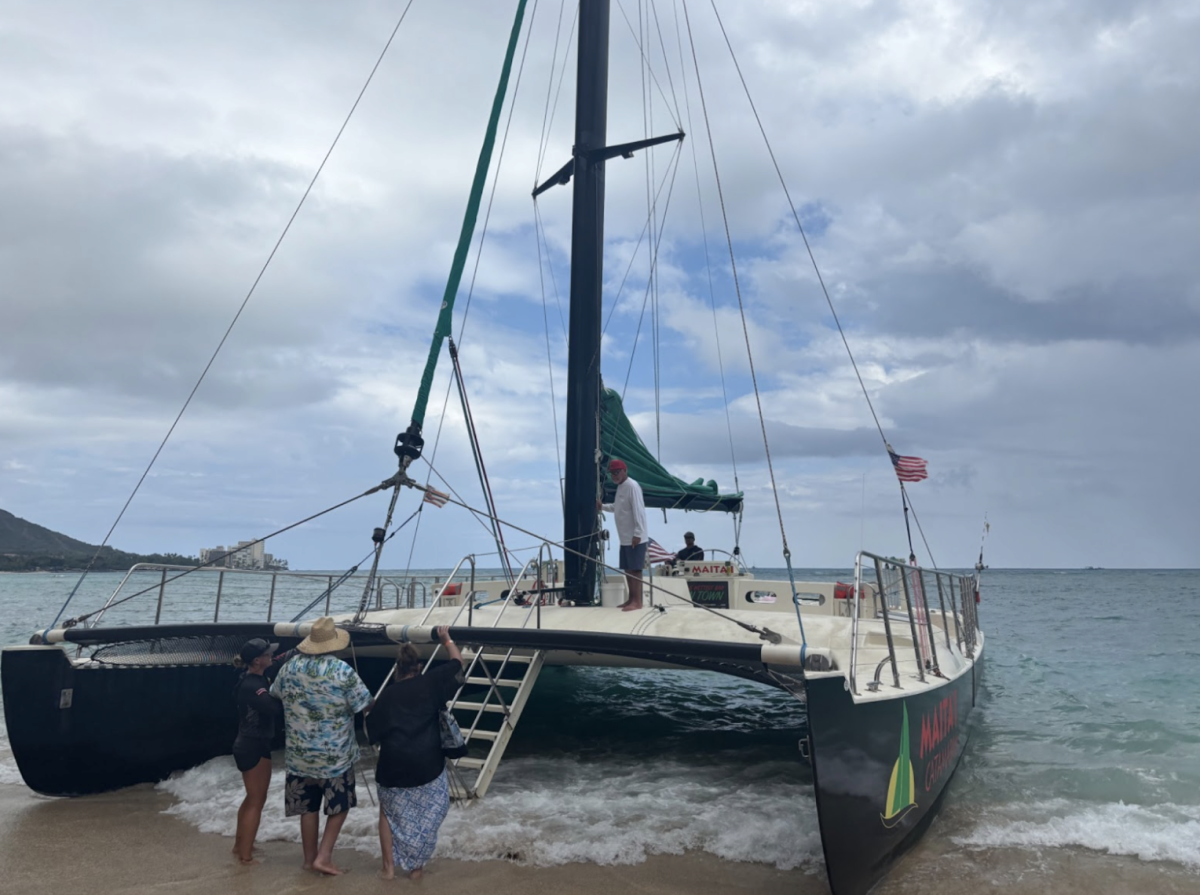As federal cuts disrupt education funding, state leaders are pushing for appropriated funds to create a Braille Literacy Resource Center for blind students.
State lawmakers are working to pass House Bill 620, which relates to the establishment of braille literacy in the state and would create the center in order to better accommodate blind and low-vision students.
A previous bill was passed two years ago that allowed students who needed braille in their instruction to receive it in the beginning of the year. However, the eligible students wouldn’t get their materials until half way through the school year, which led to a number of students being set back from the rest of their class, explained Representative Justin Woodson.
Katie Keim, the vice-president of the National Federation of the Blind of Hawai’i, said that in the past, blind students were given their material in very large fonts instead of teaching them braille at an early age.
“Can you imagine having a stack of papers with only one or two letters on each paper, that would be the size of the point of the font so that the student could read it,” said Keim. “There would be no way anybody could keep up with their classmates.”
Keim believes if students in need of braille literacy were provided with the right resources at an earlier age, they would have higher chances of keeping up with classmates and schoolwork.
“All blind and low-vision children have the right to the same quality of education I had growing up as a sighted child,” said Keim.
The main agenda of HB 620 would be the establishment of the resource center to make sure they are procuring the resources to teach braille literacy early on and provide materials needed in time.
“We wanna make sure that the efficacy and effectiveness of structural materials are our best practice and up-to-date because we need to do that,” said Representative Justin Woodson.
Several testimonies were given from individuals with first-hand experience of needing the assistance in education when it comes to braille literacy and how important early-on learning is for a student’s long term success.
Marie Kouthoofd, a retired psychology professor who testified in favor of the bill at the public hearing, placed a heavy emphasis on early-on learning leading to long-term efficiency, in terms of learning braille.
“The Braille Literacy Act ensures that children who are blind or visually impaired receive proper assessment, instruction, and access to Braille materials and resources, providing them with the tools necessary for literacy and independence,” said Marie Kouthoofd.
Woodson stated this is the first time in his 13 years working for the state he has seen an oscillation at the federal level that is impacting the state of Hawai’i’s funding. They are seeing a cut to 5% for public education which is a major impact, affecting things like the consideration of bill HB620.
“This is the United States and people have different ideas, but hopefully we can all work together and agree upon supporting our kids and it’s education that impacts everything,” said Woodson.


